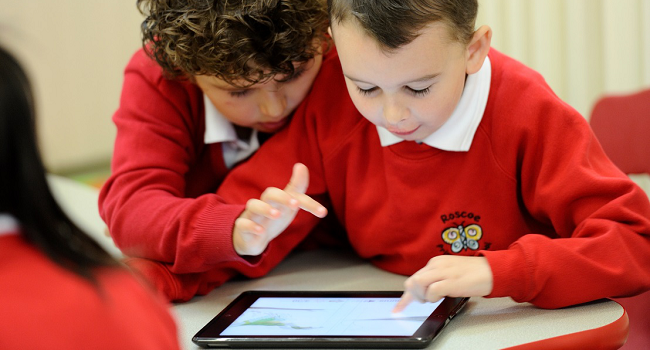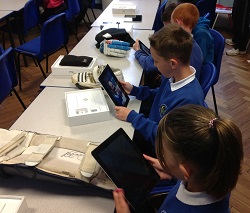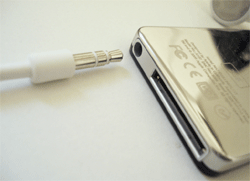Students using mobile phones in the classroom has always been considered an element of distraction. There are many schools that don't allow mobile phones, and students believe that it's an odd rule. Yes, there was a time when there were no smartphones, and mobile phones were used only for calling and texting purposes. But in the digital era, things have changed: mobile phones are used as a mode of uncovering information quickly. Smartphones have the technology to function as a personal computer in your hand. This can help students stay connected with technology and the internet, meaning many sources of information are easily accessible and instant. Still, it has been a topic of debate whether mobile phones in the classroom are friend or foe.
Earlier this year, Roscoe Primary School headteacher Amanda Anders spoke at one of our events, telling attendees how she brought her school out of special measures. Here, she goes into detail about the specific technology that allowed her and her colleagues to bring the school from ‘special measures’ to ‘good’ in four years.

In 2009 Roscoe Primary School, Liverpool was placed in Special Measures. ICT was considered to be inadequate, and in November 2010 an Ofsted monitoring report stated: “Pupils’ attainment and achievement in Information and Communication Technology (ICT) is inconsistent and does not equip them well enough for the next stage of their education and life beyond school. The school realises that there is now an urgent need to take decisive action to address underachievement in ICT.”
As an important part of 2017’s Capital of Culture, Feren’s Art Gallery have been helping pupils discover art with the help of the hard workers at Hull Children’s University. Innovate My School regular David Andrews explains how the use of iPads have been an essential part of this project

Recently we've had the privilege to be invited to work alongside Hull Children's University and St James Primary School, sharing our methods on how the application of mobile technology can have a real impact on [education] standards. Over the next year we will be working with all the schools which are supported by the charity to share a simple, effective, accessible approach to raising standards across the curriculum.
Working alongside Hull Children's University, we helped to design a Digital Arts project based on the module 'I'm Proud of My City' - Hull's successful bid to become the City of Culture for 2017 and using the free Feren's Art Gallery for inspiration for the children's ideas.
Hull Children's University was started by Dr John Buttrick to give 'young people the opportunity for invaluable learning experiences aimed at raising their future aspirations and ambitions.' We first became inspired by John and his ethos at an event at Hull University, 'We Will Be Champions', in May 2012, which was set up inspire the primary children in Hull to perform to their maximum potential and to be the best that they can be. The event attracted around 500 children and some fabulous speakers, which included Kevin Keegan, Graham Taylor, John Godber, Mike Tomlinson, Alan Johnson and Sam Whittaker.

In 2010, the primary school I was Headteacher of gained seven grade ones in an ESTYN inspection, while several sector leading examples of practice were highlighted by ESTYN and the Welsh Government.
Shortly after, I reflected on the previous twelve months, which had been hectic to say the least, and challenged myself to take the school to the next level. But how?
After talking to a group of eleven year old pupils something quickly became very clear. These pupils, using technology, peer support, networks of collaboration and online mobile resources were able to build an education for themselves anywhere and at anytime.

The use of mobile technologies in the classroom certainly divides opinion amongst teaching professionals. Having worked with schools across the UK, there are clearly two distinct camps when it comes to the use of consumer-technology in the classroom: those who use it and those who don’t.
For those who use technology, the benefits seem endless, but for those who don’t, the arguments they present are numerous too.
I am hoping to share insight from schools from across the UK, both private and state, in affluent and disadvantaged areas, where consumer-technology has found a valuable place within the classroom and the wider learning environment.
Recent statistics from a survey of secondary students in a Basingstoke school showed that a staggering 50% of their students owned an iPod Touch and 35% owned an iPod Nano. Whilst I recognise that these are not national statistics, they do reflect what we are finding from school to school.

A community-driven platform for showcasing the latest innovations and voices in schools
Pioneer House
North Road
Ellesmere Port
CH65 1AD
United Kingdom